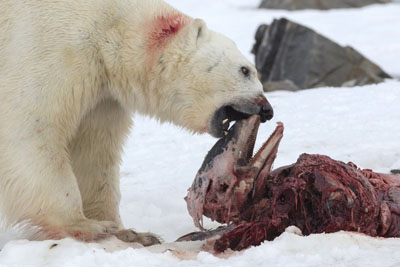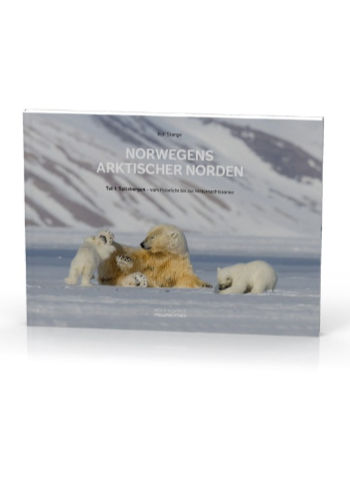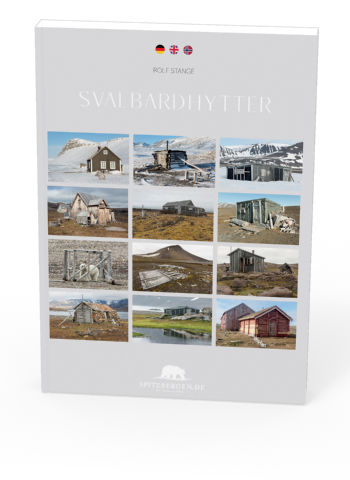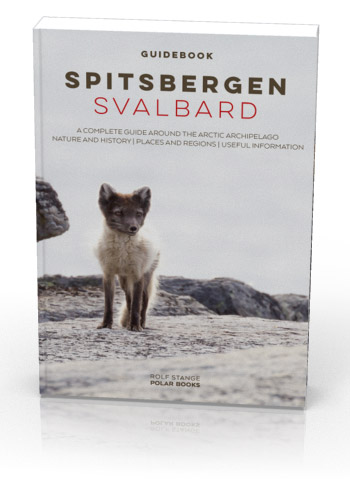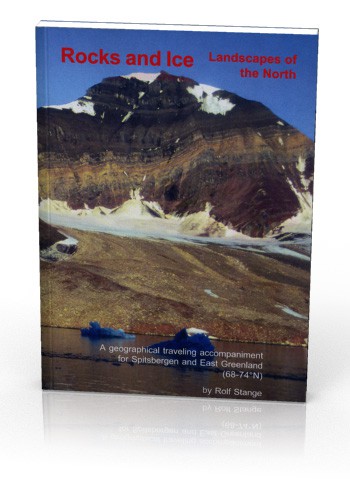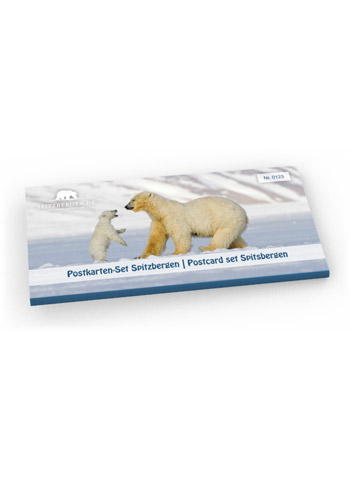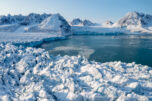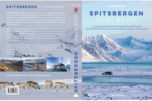-
current
recommendations- Liefdefjord
New page dedicated to one of Spitsbergen's most beautiful fjords. Background information and many photos.
- New Spitsbergen guidebook
The new edition of my Spitsbergen guidebook is out and available now!
- Liefdefjord
New page dedicated to one of Spitsbergen's most beautiful fjords. Background information and many photos.
Page Structure
-
Spitsbergen-News
- Select Month
- June 2025
- May 2025
- April 2025
- March 2025
- February 2025
- January 2025
- December 2024
- November 2024
- October 2024
- September 2024
- August 2024
- July 2024
- June 2024
- May 2024
- April 2024
- March 2024
- February 2024
- January 2024
- December 2023
- November 2023
- October 2023
- September 2023
- August 2023
- July 2023
- June 2023
- May 2023
- April 2023
- March 2023
- February 2023
- January 2023
- December 2022
- November 2022
- October 2022
- September 2022
- August 2022
- July 2022
- June 2022
- May 2022
- April 2022
- March 2022
- February 2022
- January 2022
- December 2021
- November 2021
- October 2021
- September 2021
- August 2021
- July 2021
- June 2021
- May 2021
- April 2021
- March 2021
- February 2021
- January 2021
- December 2020
- November 2020
- October 2020
- September 2020
- August 2020
- July 2020
- June 2020
- May 2020
- April 2020
- March 2020
- February 2020
- January 2020
- December 2019
- November 2019
- October 2019
- September 2019
- August 2019
- July 2019
- June 2019
- May 2019
- April 2019
- March 2019
- February 2019
- January 2019
- December 2018
- November 2018
- October 2018
- September 2018
- August 2018
- July 2018
- June 2018
- May 2018
- April 2018
- March 2018
- February 2018
- January 2018
- December 2017
- November 2017
- October 2017
- September 2017
- August 2017
- July 2017
- June 2017
- May 2017
- April 2017
- March 2017
- February 2017
- January 2017
- December 2016
- November 2016
- October 2016
- September 2016
- August 2016
- July 2016
- June 2016
- May 2016
- April 2016
- March 2016
- February 2016
- January 2016
- December 2015
- November 2015
- October 2015
- September 2015
- August 2015
- July 2015
- June 2015
- May 2015
- April 2015
- March 2015
- February 2015
- January 2015
- December 2014
- November 2014
- October 2014
- September 2014
- August 2014
- July 2014
- June 2014
- May 2014
- April 2014
- March 2014
- February 2014
- January 2014
- December 2013
- November 2013
- October 2013
- September 2013
- August 2013
- July 2013
- June 2013
- May 2013
- April 2013
- March 2013
- February 2013
- January 2013
- December 2012
- November 2012
- October 2012
- September 2012
- August 2012
- July 2012
- June 2012
- May 2012
- April 2012
- March 2012
- February 2012
- January 2012
- December 2011
- November 2011
- October 2011
- September 2011
- August 2011
- May 2011
- April 2011
- March 2011
- February 2011
- January 2011
- December 2010
- November 2010
- September 2010
- August 2010
- July 2010
- June 2010
- May 2010
- April 2010
- March 2010
- February 2010
- November 2009
- October 2009
- August 2009
- July 2009
- June 2009
- May 2009
- April 2009
- March 2009
- February 2009
- January 2009
- December 2008
- November 2008
- October 2008
- August 2008
- July 2008
- June 2008
- May 2008
- April 2008
- March 2008
- February 2008
- April 2000
- Select Month
-
weather information
-
Newsletter

| Guidebook: Spitsbergen-Svalbard |
Home → * News and Stories → Polar bear eats dolphin: normal or not?
Polar bear eats dolphin: normal or not?
Photos are currently circulating in media that show how a polar bear is eating the carcass of a White-beaked dolphin. Both articles and comments that come with these photos are reason for some extended comments on the event.
The first observation was made in April 2014 by Jon Aars, polar bear researcher in the Norwegian Polar Institute, and his scientists, in Raudfjord, where they found a polar bear that was eating a dead White-beaked dolphin. They had not observed how exactly the dolphin had died. In the following time up to the summer, several other bears were seen eating more dolphins, but all further observations relate to the same event in the same area.
White-beaked dolphins are common in the Barents Sea including Spitsbergen waters, but tend to stay at open sea, away from coastal waters, and are accordingly not often seen. This contributes to the widely believed impression that there are no dolphins in the Arctic. This is not true. The statement that their “sudden” presence there has to be linked to climate change is obviously wrong, they have been there already for a long time, without any link to the present climate change. There are, however, observations of White-beaked dolphins in fjords.
It is safe to assume that a group of White-beaked dolphins was trapped by drift ice in Raudfjord that was blown in there by northerly winds during the days before the first observation was made. Inside the fjord, the dolphins were forced to surface regularly at small holes in the ice to breath. There, they are easy prey for polar bears, who often hunt seals in a very similar way. Polar bears can kill seals instantly by hitting them with the paw or biting them into the head. There is now reason why they should not be able to do the same with dolphins, which are of similar size, once they are forced to surface in ice similarly to seals.
Polar bears are very well known as opportunistic feeders, which means they will eat almost anything they come across as long as they can get it down. It is no surprise that they take dolphins when they can get hold of them. It would actually be very strange if they didn’t.
It is certainly true that polar bears do usually not eat dolphins. This is due to the simple fact that dolphins normally stay in open water, where polar bears are not able to catch them.
If it is now stated that polar bears, who can’t hunt their usual prey (seals) now because of climate change, are forced to change to dolphins, which – again due to climate change – have moved further north, there are obviously several very difficult, if not plainly wrong, assumptions involved. The observation rather means that man has not yet seen everything that occasionally happens in nature, especially in very remote areas in difficult seasons and with animals which are very difficult to follow. Especially when it comes to quite rare events.
Polar bear scientist Jon Aars is quoted saying that White-beaked dolphins may become an important food source for a smaller number of specialized polar bears. This lacks an explanation how these specialized hunters should get hold of those dolphins on a more or less regular basis, at least more than during a once in a lifetime occasion due to rare circumstances. Considering this and the fact that this is, so far, based on only one observed event, it seems a somewhat far-reaching hypothesis. (There is a number of photos taken on several opportunities, but all of them show the same group of polar bears feeding on the same group of dead dolphins in the same area).
Conclusion: this is certainly a rare event and an even more rare observation, which is, however, by no means necessarily linked to climate change, but due to an unusual constellation of circumstances.
A polar bear feeding on a White-beaked dolphin. Northwest Spitsbergen, July 2014 © Samuel Blanc.
Source: Polarresearch.net
BOOKS, CALENDAR, POSTCARDS AND MORE
This and other publishing products of the Spitsbergen publishing house in the Spitsbergen-Shop.
last modification: 2015-06-15 ·
copyright: Rolf Stange
